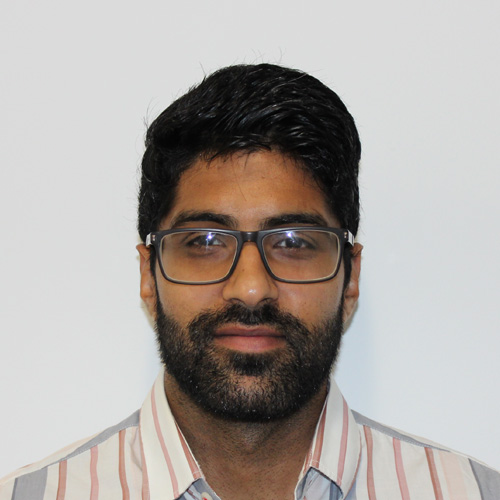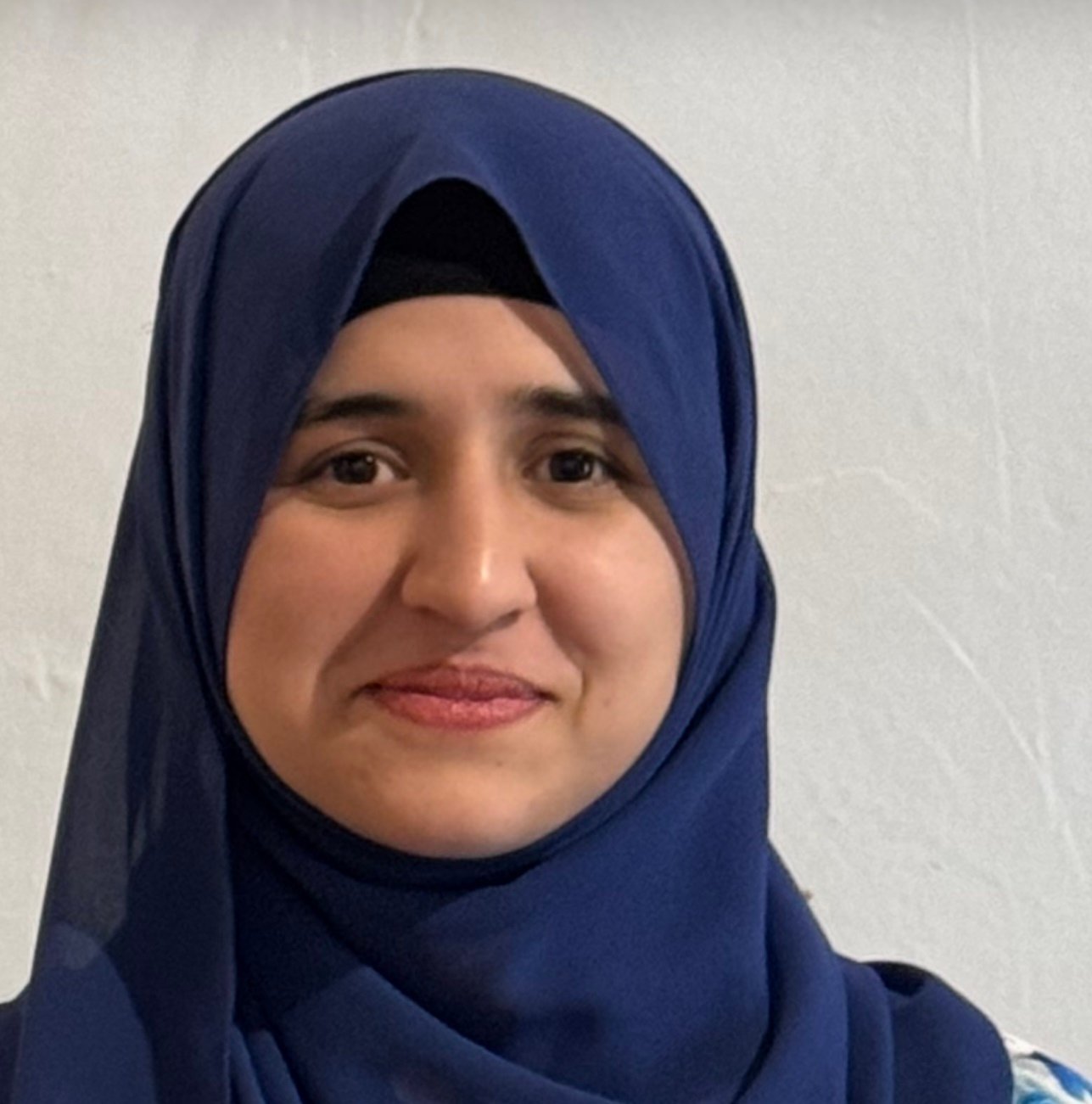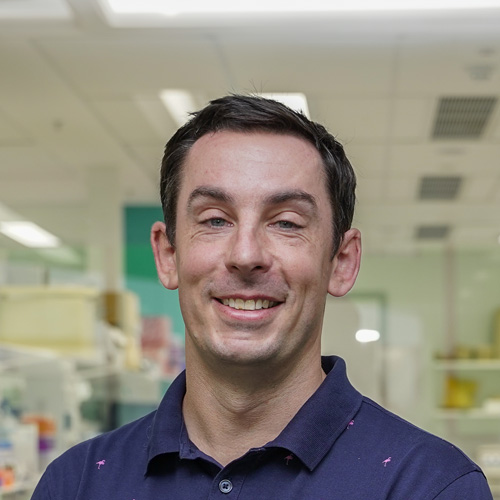Search


People
Maryam SajjadMaryam Sajjad Research Assistant Child Physical Activity, Health, and Development Team

People
Mehreen SohailResearch Assistant in the Child Physical Activity, Health & Development team at The Kids Research Institute Australia



People
Camilo VargasSenior Solutions Development Lead, Geospatial Health and Development Data Engine



